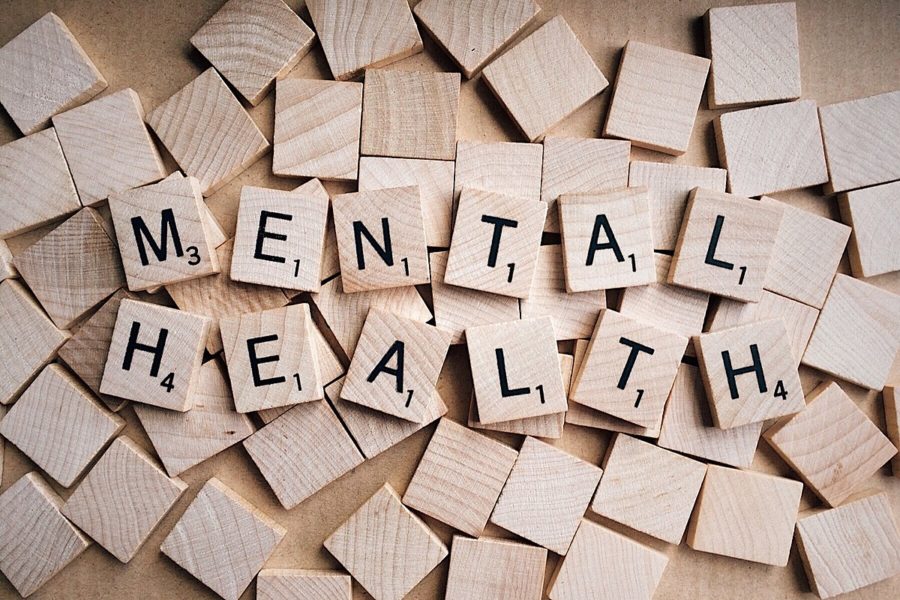The mental illness epidemic
November 4, 2021
When some people think of mental health, they think of depression or anxiety; however, mental health is much more extensive. It includes all aspects of life, physical, emotional, and spiritual.
“I think it encompasses a lot of things, it’s not just what people mostly think it’s about: our thinking and our cognitions,” says Dr. Karalekas. “Mental health is more encompassing than that. It takes into account thinking, feeling, acting, and our actual physical feelings.” Mental health affects our relationships and how we go a bout life.
It is important to note that mental health and mental illness are somewhat different.
“Mental illness means that something has gone awry with our mental health,” Dr. Karalekas says, “I think that something is lacking, and that could be more than one thing. But that really starts to affect other areas of our life.”
The idea of mental illness is vast, it contains many things from major depressive disorder to adjustment disorders. For the most part, when someone has good mental health, they generally have positive thoughts and emotions. They also tend to feel pretty good physically, emotionally, and spiritually.
The pandemic has taken a toll on many students and teachers. Many people did not react well to isolation and craved contact with their loved ones. Furthermore, many people did not react well to online learning. There was a disconnect between students and teachers for most of the year. Struggles with wifi and technology added to the stress. The transition back to in-person learning has also been difficult. Many students are still having trouble with adjusting to getting up earlier and taking tests on paper. Additionally, there are now heightened feelings of concern and sorrow. The uncertainty of the pandemic, such as the in and out of school, made it difficult for students to find a sense of routine.
“There is a little bit more normalcy coming back,” says Dr. Karaleka, “But I think there is still a level of can someone in my family get COVID? Can I get COVID?”
So the question arises, how do I care for my mental health? The simple answer: it depends on the person. The image of a person sitting in bed with a face mask comes to mind; however, everyone has different ways to practice self-care. Exercise is proven to release endorphins in our brains. These endorphins trigger a positive response in your body that can help you to relax. Some people enjoy journaling, painting, or music to express their emotions. Find something that relaxes you and practice it when you are stressed.
If you or someone you know is struggling with their mental health please reach out to Dr. Karaleka, the school psychologist; Mrs. Caradropoli, the school adjustment counselor; Mr. Hokanson, the school social worker; any of the guidance concerns; or a trusted adult.


